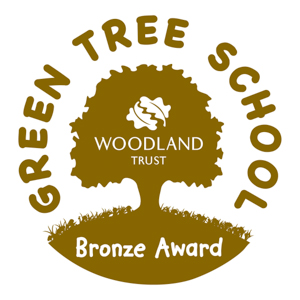
Formal and informal assessment is an important part of effective teaching. Assessments provide information for teachers to plan future lessons and set targets. Assessment information is discussed at parent meetings in the autumn and spring terms. The annual school report in the summer term, provides parents with a summary of attainment and progress across the year.
Informal Assessment
Informal assessments are made by teaching staff in lessons, through questioning, observation, written tasks and discussion. This information informs the next steps for planning and learning so that children can build on what they already know. Learning intentions and success criteria are shared within lessons. Children have the opportunity for self and peer evaluation and are encouraged to reflect on their learning and consider their next steps.
Formal Assessment
Children are more formally assessed at key points during the school year. Writing is assessed over time with the end of year judgement shared on school reports.
Formal Assessment Cycle
| Autumn Term | Spring Term | Summer Term | |
| Reception | Baseline Assessments | Early Years Foundation Stage Profile | |
| Year 1 | EY to KS1 Transition Term | NFER Reading NFER Maths | NFER Reading NFER Maths Phonics Check (June) |
| Year 2 | NFER Reading NFER Maths | NFER Reading NFER Maths | SATs Papers (May) and Teacher Assessment |
| Year 3 | NFER Reading NFER Maths | NFER Reading NFER Maths | NFER Reading NFER Maths |
| Year 4 | NFER Reading NFER Maths | NFER Reading NFER Maths | NFER Reading NFER Maths Multiplication Tables Check (June) |
| Year 5 | NFER Reading NFER Maths | NFER Reading NFER Maths | NFER Reading NFER Maths |
| Year 6 | NFER Reading NFER Maths | Mock SATs Papers | SATs Papers (May) and Teacher Assessment |
The assessments highlighted in bold are statutory. All of these statutory results are shared with parents once the information is released. End of Key Stage assessments are analysed against local and national results and we use this analysis to raise our standards and expectations further and to highlight any areas that may need particular attention within our curriculum provision. School Performance data is available here.
NFER Tests (Y1 to Y6)
We use NFER tests for reading and mathematics from Y1 to Y6. These tests provide us with a standardised score to show if a child is on track to meet National Curriculum expectations for their age range.
NFER Reading and maths standardised scores are shared with parents on a sticker in reading records.
Most results fall with the range 70 to 140.
85-94 is low average
95-105 is average
106-115 is high average
Please note that these NFER assessments only form part of the overall judgement made by class teachers. Daily class work and performance in lessons is also taken into account.












